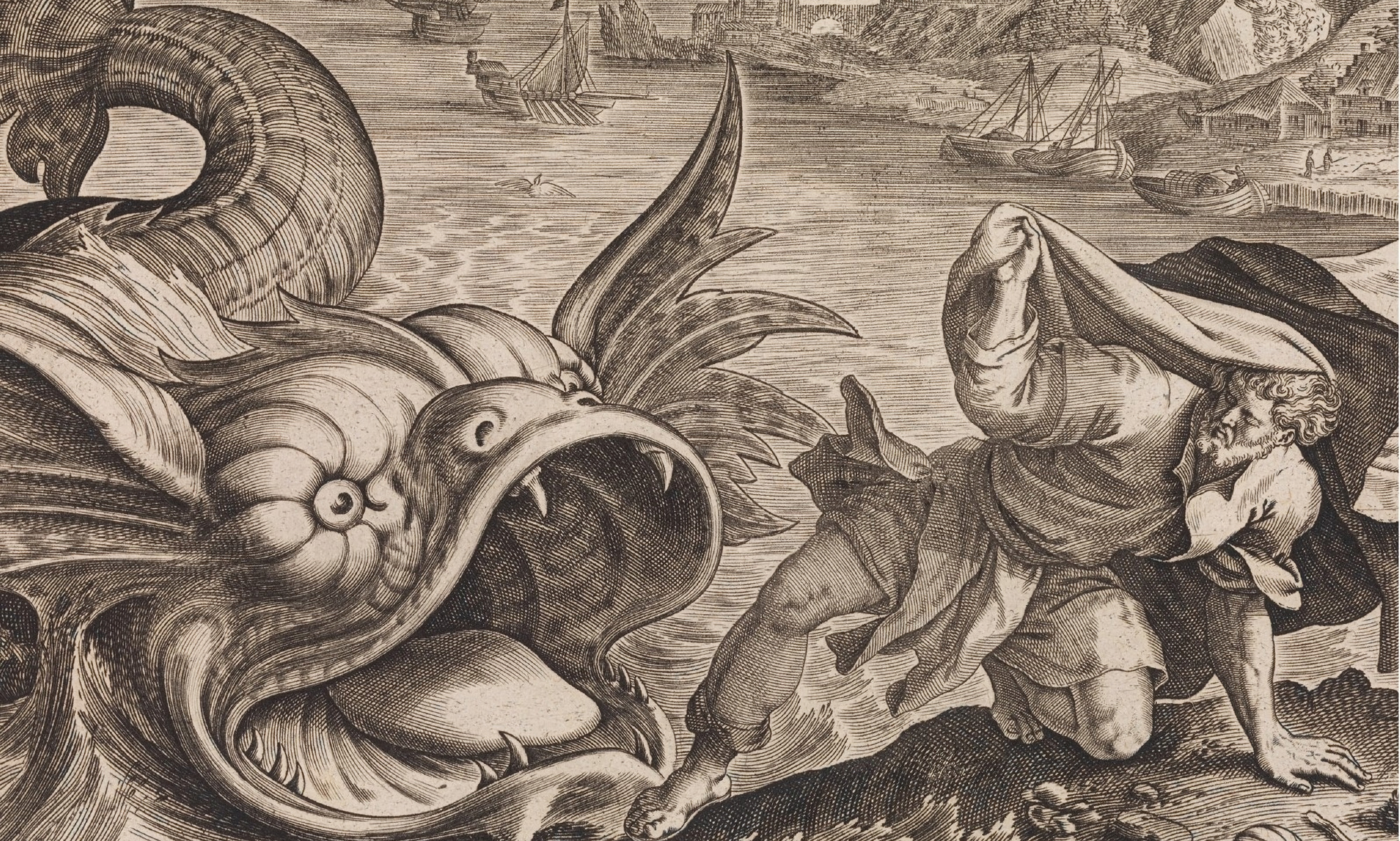I thought I would add some reflections on yesterday’s quotes from John O’Donohue’s poems.
As air intensifies the hunger of fire,
May the thought of death
Breathe new urgency
Into our love of life.
Death can be all pervasive at times, occurring in a variety of ways and reducing us to a shadow of our true selves, lessening, diminishing, stifling life. Against all this, O’Donohue sets his evocation of our love of life, and he’s right, I think, about the urgency of this. Death is inevitable, but we need to be careful not to think and live ourselves into an ever darker place.
O’Donohue’s second poem talks about a surrendered life, a continuous belief ‘in the slow fall of ground’, an elegant swirling through all the unlikenesses we face on our pilgrimage. These are powerful metaphors. May we learn to be like that river he talks about. And may we acquire not only the humility of water, allowing ourselves to be shaped by things beyond our control, but also its buoyancy, which, as he puts it so well, is ‘stronger than the deadening, downward drag of gravity’.
In the third poem, ‘In Praise of Earth’, O’Donohue speaks of ‘an endless coma of cold’, which is a truly chilling metaphor. Life can feel like that at times, when all warmth appears to have evaporated. May we be like the earth, holding hope, storing fragments of the memory of warmer times, and may we see and feel the sun returning one day. May our cells, too, as O’Donohue says in the following lines, become ‘charged with dream’.
For me, these are deeply resonant, life-giving words. As the Gospel of John says, in the beginning was the Word. Where words dry out, life surrenders to death.

